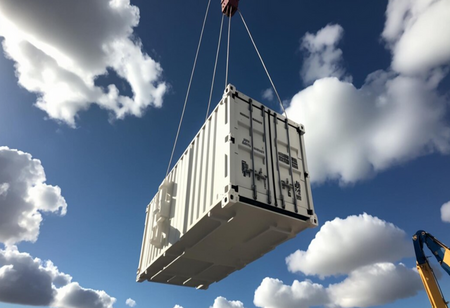
To reduce dependency on China, Australia will "advance mutually beneficial cooperation" with Indonesia on the electric car supply chain, including battery manufacture and essential minerals processing. The agreement states that both countries will "work together on mapping EV supply chains, joint scientific and research studies, and fostering new business-to-business links."
The agreement was signed on Thursday during Mr Husic's two-day visit to Indonesia by Industry and Science Minister Ed Husic and Indonesia's Acting Coordinating Minister for Maritime and Investment Affairs Erick Thohirm. Nickel reserves in Australia and Indonesia are comparable, and nickel is used in various EV battery chemistries. However, Indonesia produces 40% of global supplies, whereas Australia produces only 6%.
The federal government of Australia intends to strengthen engagement with "like-minded partners" to minimize reliance on China-dominated supply chains, according to the country's updated key minerals policy. Nickel is not currently on the Australian critical minerals list, which is being amended.
Mr. Husic said in an interview with ABC News on Thursday that "we've got the lithium, they've got the nickel; together we can take a big leap forward towards net zero together, and this is finding a way of deepening the economic relationship by working on a shared priority."
Mr Husic said in a statement on Friday that both countries "recognise the incredible potential of electric vehicles and battery manufacturing - which is why today's announcement is so exciting."
"By collaborating on growing strong and diverse clean energy supply chains, both countries can further our shared economic interests as well as our trade and investment links," he said.
"This mechanism also paves the way for harnessing joint scientific and research studies, including around critical minerals processing and battery development, and facilitating partnerships between businesses in both our countries."
The EV Memorandum of Understanding expands on efforts made by Prime Minister Anthony Albanese and Indonesian President Joko Widodo during their annual leaders' summit in July.
Mr Widodo had been pushing for an agreement on EVs going into the summit, but it was not reached, and the leaders instead "directed officials to advance cooperation and collaboration on this vital matter," according to a communique.
The new pact builds on the Australia-Indonesia Climate and Infrastructure Partnership, which is worth $200 million. This includes a $50 million fund, also launched in July, to assist investment in Indonesian small and medium-sized firms focused on renewable energy.
Mr Husic told ABC News that the Albanese government is determined to strengthening ties with Indonesia, and that it will "not just talk the talk, but walk the walk."
"Since our election as a Government [there have been] over 30 visits by Ministers to Indonesia working with our counterparts on things of common interest."
Last week, Indonesia and Australia inked a supply chain agreement and agreed to a Clean Economy Agreement under the Indo-Pacific Economic Framework, which is led by the United States and includes ten other nations in the region.
The Australian EV plan, released in April, did not contain steps to encourage domestic manufacture, despite the fact that it said that "Australia has a narrow window of opportunity to capitalise on global critical minerals demand and unlock our potential as a clean energy superpower." A national battery plan consultation began in February but has yet to be released.

